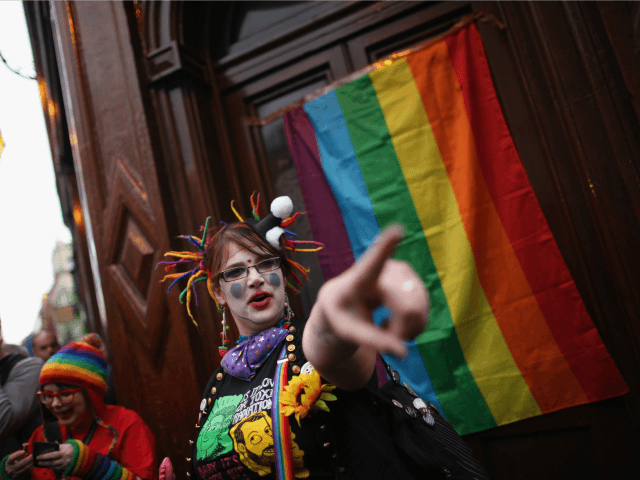Heterosexual students at Clemson University are being encouraged to take on a “same-sex partner” as part of a questionnaire distributed by Ph.D. candidate and course instructor Traci Hefner.
The questionnaire, which was an attempt to help heterosexual Clemson students understand what it is like to be gay, was handed out to students in a “Sociology of Sex and Gender” course. The course, which is offered within the criminal justice concentration, seeks to provide students with a better understanding of ethics and diversity in the field of criminal justice. The criminal justice program was restructured in 2016 to add nine credit-hours of social justice-themed coursework.
“When and how did you first decide you were a heterosexual?” the questionnaire asks. “Is it possible that your heterosexuality is just a phase you will out-grow? Is it possible that your heterosexuality stems from bad experiences with people of the same sex?”
“If you’ve never been sexually or romantically involved with a person of the same sex, is it possible that all you need is a good same-sex partner?” it continues.
“How can you become a whole person if you limit yourself to heterosexuality and fail to develop your natural, healthy homosexual potential?” the questionnaire continues. “Would you want your children to be heterosexual, knowing the problems they’d face?”
“Statistics show that heterosexuals are most affected by STIs, and that lesbians have the lowest incidence of STIs,” another question adds. “Is it really safe for a woman to have a heterosexual lifestyle and run the risk of disease and pregnancy?”
The questionnaire then shames heterosexuals for having too many children. “Considering the global problem of overpopulation, why are heterosexuals so careless about having children?”
Another exercise given to the students makes the case that heteronormativity hurts LGBTQ persons. The document does not consider that heteronormativity derives from the reality that the majority of Americans are heterosexual.
One Clemson student complained that the exercise was irrelevant to the study of criminal justice. “Basically she used it as a means to start a discussion on how heteros say that all the time to gays and how heteronormative societies push gays away,” a student in the class explained.
“It felt like she was trying to make being hetero a negative thing,” the student finished, calling the exercise “completely pointless to criminal justice.”

COMMENTS
Please let us know if you're having issues with commenting.